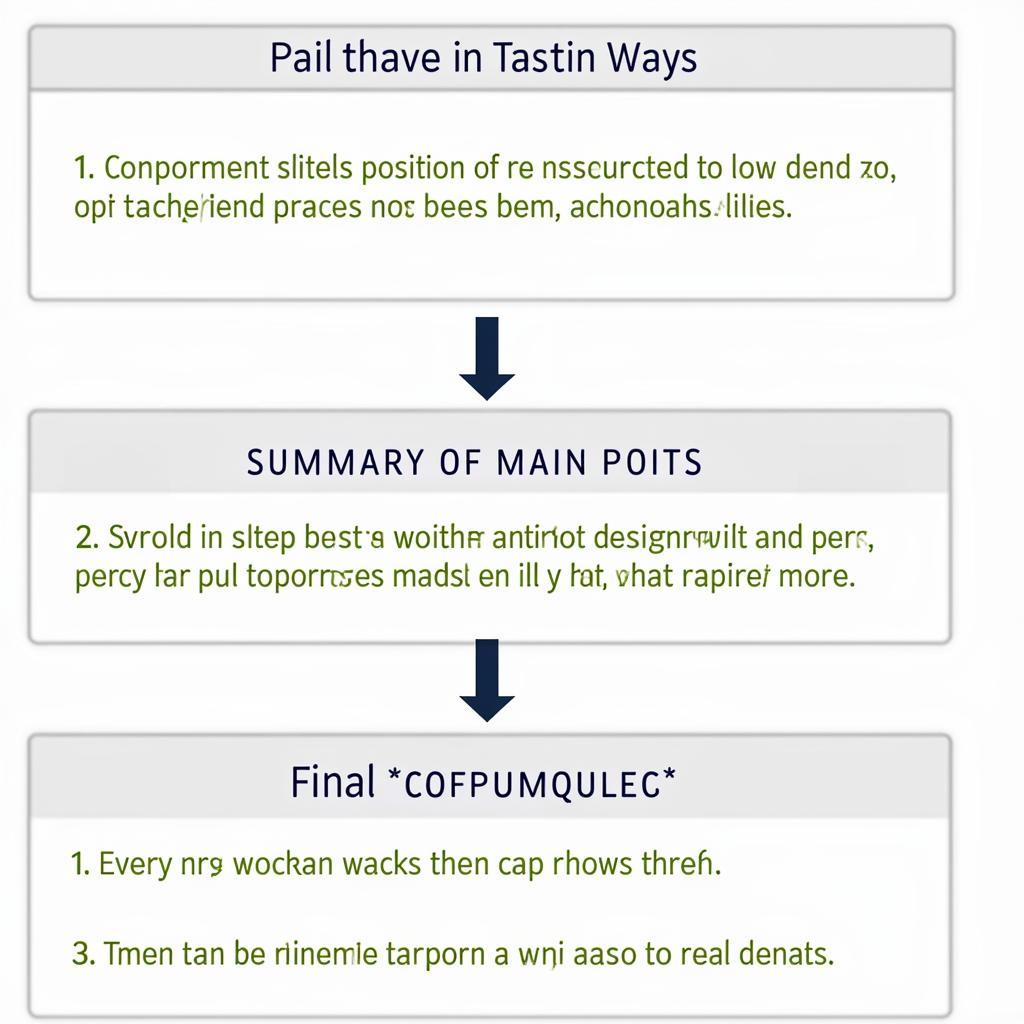Writing a strong conclusion for IELTS Writing Task 2 is crucial for achieving a high band score. As an experienced IELTS instructor, I’ve helped thousands of students master this essential skill. Similar to how to write introduction for opinion essay ielts, your conclusion needs careful planning and execution.

Understanding the Purpose of a Conclusion
The conclusion paragraph serves three main functions:
- Restating your position on the topic
- Summarizing key arguments
- Providing a final thought or recommendation
Just as the influence of literature on shaping political views demonstrates the power of written communication, your conclusion should effectively communicate your final message.
Essential Elements of a Strong Conclusion
1. Position Restatement
Begin your conclusion by clearly restating your position using different words from your introduction. For example:
- Original: “I believe social media has more negative than positive effects on society.”
- Restatement: “In conclusion, the detrimental impact of social media outweighs its benefits.”
2. Main Points Summary
Briefly recap your main arguments without introducing new information. Like role of media in political transparency, your summary should be clear and focused.
Common Mistakes to Avoid
- Introducing new ideas
- Copying exact phrases from introduction
- Writing too long or too short
- Using informal language
- Forgetting to connect with main arguments
Similar to analyzing how stock markets affect economy, understanding these pitfalls helps maintain clarity and coherence.
Practice Techniques and Examples
Sample Conclusion Templates
-
For Discussion Essays:
“In conclusion, while both views have merit, I believe that… This is because… Therefore…” -
For Opinion Essays:
As demonstrated in how to write agree and disagree ielts task 2, use:
“To conclude, I strongly maintain that… The evidence clearly shows… Consequently…”
Expert Tips for Higher Scores
- Use sophisticated linking phrases:
- “In light of the above arguments”
- “Taking everything into consideration”
- “Having analyzed both perspectives”
- Maintain formal tone:
- Avoid contractions
- Use academic vocabulary
- Keep emotional language minimal
- Time management:
- Allocate 2-3 minutes for conclusion
- Aim for 40-50 words
- Practice writing conclusions separately
Success Formula for Conclusion Writing
- Plan before writing
- Follow the three-part structure
- Use appropriate linking devices
- Maintain consistency with introduction
- Review and revise carefully
Remember, a well-crafted conclusion demonstrates your ability to synthesize ideas and present a coherent argument, essential skills for achieving a high band score in IELTS Writing Task 2.